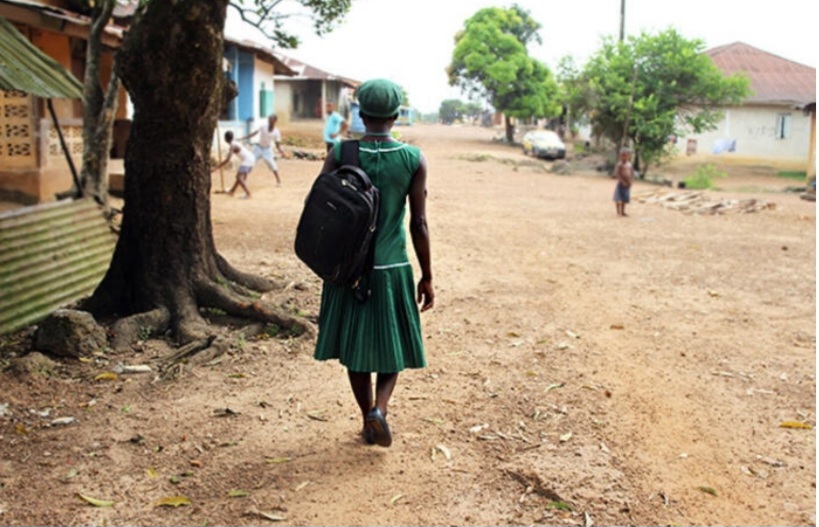By: Elizabeth A. Kaine
The prevalence of child sexual abuse in Sierra Leone is not just a societal concern; it is a devastating crisis that has led to the tragic loss of countless young lives. Each case represents not only a violation of a child’s rights but also a profound failure of the systems designed to protect them. As the nation grapples with this heart-wrenching reality, it is imperative that we confront the urgent need for comprehensive action to prevent further tragedies.
Sexual abuse can have catastrophic consequences for children, often resulting in severe physical and psychological harm. In the worst cases, abuse has tragically led to the deaths of innocent children, highlighting the dire need for proactive measures. The trauma experienced by survivors can manifest in numerous ways, including depression, anxiety, and difficulties in forming healthy relationships. The ripple effects of such abuse extend beyond individual victims, impacting families and communities as a whole.
Despite existing laws like the Child Rights Act of 2007, enforcement remains inadequate. Many cases go unreported due to stigma and fear, and when they are reported, the response from authorities can be dishearteningly weak. Perpetrators often evade justice, contributing to a cycle of violence and impunity that leaves children vulnerable. This systemic failure must be addressed urgently, with a focus on strengthening legal frameworks and ensuring that offenders are held accountable for their actions.
As discussions around punishment for offenders continue, one must question whether jail terms are sufficient for the heinous acts committed against children. While imprisonment may serve as a deterrent and a form of justice, it often feels inadequate when weighed against the irreversible harm inflicted on young lives. The emotional and psychological scars borne by survivors may last a lifetime, and no prison sentence can truly compensate for that suffering. Society must consider more comprehensive approaches, including rehabilitation for perpetrators and restorative justice initiatives that prioritize the healing of victims and communities.
To combat this crisis effectively, community engagement is essential. Raising awareness about the signs of abuse and the importance of reporting it can empower individuals to act when they suspect a child is in danger. Educational programs aimed at children, parents, and community leaders can help foster a culture of vigilance and support. It is crucial that communities work together to create safe environments for children, where they can thrive free from fear.
Immediate and compassionate support for victims is critical in the aftermath of abuse. Establishing safe spaces where children can receive psychological counseling and legal assistance is vital for their recovery. These services not only aid in healing but also help in preventing further victimization. The government and NGOs must work together to ensure that these resources are accessible to all children in need.
The tragic reality of child sexual abuse in Sierra Leone calls for a unified response from all sectors of society. It is not enough to rely solely on governmental action; communities, families, and individuals must also play a role in safeguarding children’s rights. By fostering open discussions about consent and respect and by holding abusers accountable, we can create an environment where children are truly protected.
The loss of children to sexual abuse is a heartbreaking reminder of the urgent need for action. We must confront this crisis with determination and compassion, ensuring that no child suffers in silence. Through collaborative efforts, strengthened legal protections, and community engagement, we can work towards a future where every child in Sierra Leone is safe, supported, and free from the threat of abuse. The time to act is now.


